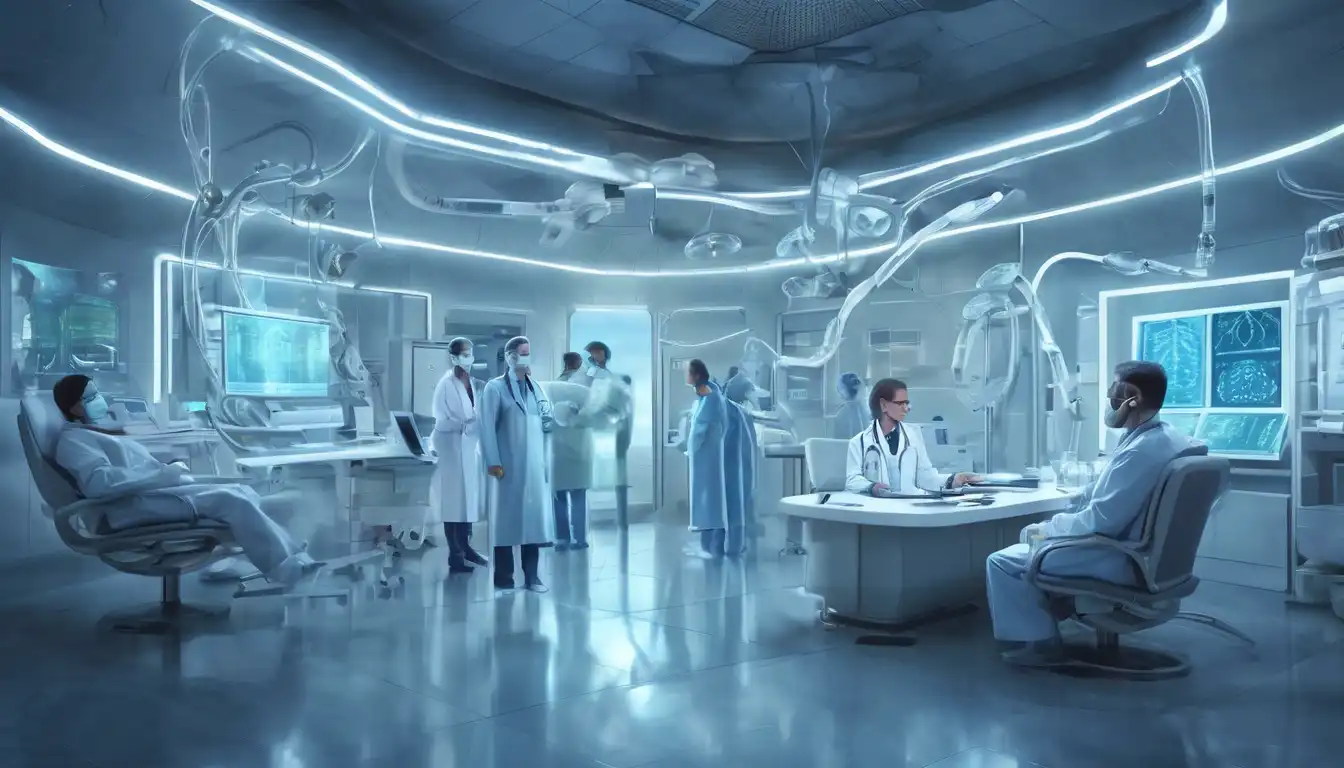The Revolutionary Impact of AI in Healthcare
Artificial Intelligence (AI) is revolutionizing the healthcare industry by offering innovative solutions to complex problems. From diagnostics to treatment personalization, AI is setting new standards in patient care and medical research.
Enhancing Diagnostic Accuracy
AI algorithms are now capable of analyzing medical images with precision that rivals human experts. This not only speeds up the diagnostic process but also reduces the chances of human error, leading to better patient outcomes.
Personalized Treatment Plans
By leveraging vast amounts of data, AI can help create personalized treatment plans for patients. This approach considers the unique genetic makeup of each individual, ensuring more effective and targeted therapies.
Streamlining Administrative Tasks
AI is also transforming the administrative side of healthcare. From scheduling appointments to managing patient records, AI-powered systems are making healthcare facilities more efficient and reducing the burden on staff.
Advancing Medical Research
AI accelerates medical research by analyzing data faster than ever before. This capability is crucial in the development of new drugs and in understanding complex diseases.
For more insights into how technology is shaping the future of healthcare, explore our technology in healthcare section.
Challenges and Ethical Considerations
Despite its benefits, the integration of AI into healthcare raises important ethical questions. Issues such as data privacy and the potential for bias in AI algorithms must be addressed to ensure equitable healthcare solutions.
The Future of AI in Healthcare
The potential of AI in healthcare is limitless. As technology advances, we can expect even more groundbreaking applications that will further enhance patient care and medical research.
Discover the latest trends in digital health innovations to stay ahead in the rapidly evolving healthcare landscape.
In conclusion, AI is playing a pivotal role in modern healthcare solutions. Its ability to improve diagnostics, personalize treatments, and streamline administrative tasks is just the beginning. As we navigate the challenges and embrace the opportunities, the future of healthcare looks brighter than ever.
